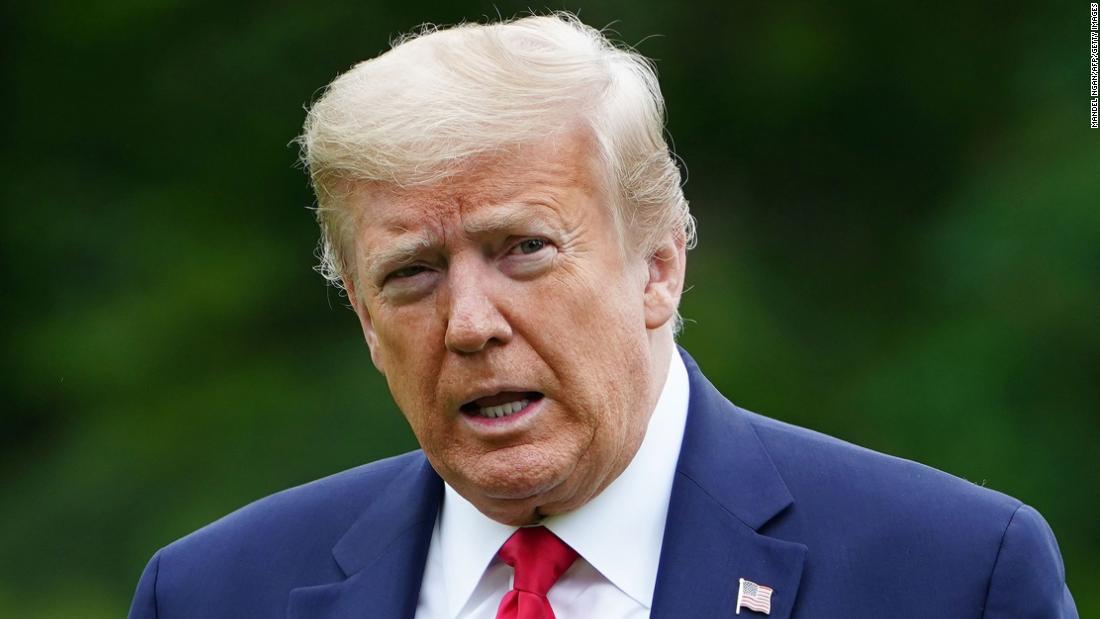Russian-based cryptocurrency exchanges are seeking to buy digital coins and deliver paper money in the UK without following know-your-customer (KYC) procedures and anti-money laundering (AML) regulations, according to a new report by the Russian Chapter of Transparency International.
The report reveals that more than 20 coin trading platforms in Moscow City are flouting the rules, with eight of them ready to exchange U.S. dollar-pegged stablecoins for British pounds and hand over the cash to recipients in London.
Proliferation of cryptocurrencies
The rise of cryptocurrencies is one of the most significant phenomena in the financial world in recent years. The digital currencies, which use blockchain technology to move digital assets from one place to another, offer an alternative payment platform to traditional financial institutions.
While payments between banks involve both businesses making a note of the transaction, blockchain has details of money flows out in the open and in one place.
In some ways, this makes it incredibly transparent. You can see payments ping about between crypto wallets because they’re all published.
However, this transparency has a flip side, as there remains a multitude of ways to keep the identity of users anonymous. Some might find this incredibly convenient if they’re trying to move legitimate money out of the reaches of an overbearing state. Conversely, it provides an attractive platform for shifting funds of questionable origin around the world with fewer checks.
Moscow exchanges’ situation
Transparency International Russia’s investigation into digital asset exchanges in Moscow reveals that several of them are eyeing London as a new hub.
They are willing to transfer USDT, the most widely used stablecoin, into cash for delivery in the UK. The report reveals that there was no KYC procedure for the customers, and no identification documents were requested for the exchange to happen.
Instead, just details of what the collector would be wearing, and possibly the serial number of a banknote to prove their identity, would suffice. Conveniently, the courier delivering the money would be a Russian speaker.
The lack of checks and balances on these transactions has raised concerns over the flow of illicit funds. It is a legal requirement under the UK’s money laundering regulations to provide a passport and possibly some utility bills to prove identity to move money through the conventional banking system.
Nevertheless, these exchanges are avoiding this requirement and moving money from a country that is subject to widespread financial sanctions into the UK without any AML compliance checks.
None of these exchanges appeared to be registered for anti-money laundering purposes in the UK, despite carrying out activity here that would require them to do so.
Even when challenged, the providers who responded to TI Russia’s request for comment denied offering these services. This secrecy raises concerns about the anonymity of the transactions and the evasion of authorities, making it harder to trace illegal funds.
Regulators in different countries are pursuing stringent AML laws and KYC measures to prevent crypto exchanges from facilitating money laundering. However, it seems that setting up these laws is not enough if crypto exchanges do not enforce them.
This recent report shows that some crypto exchanges in Russia are accepting a money laundering run to take USDT and give GBP cash in London, avoiding AML regulations altogether.





